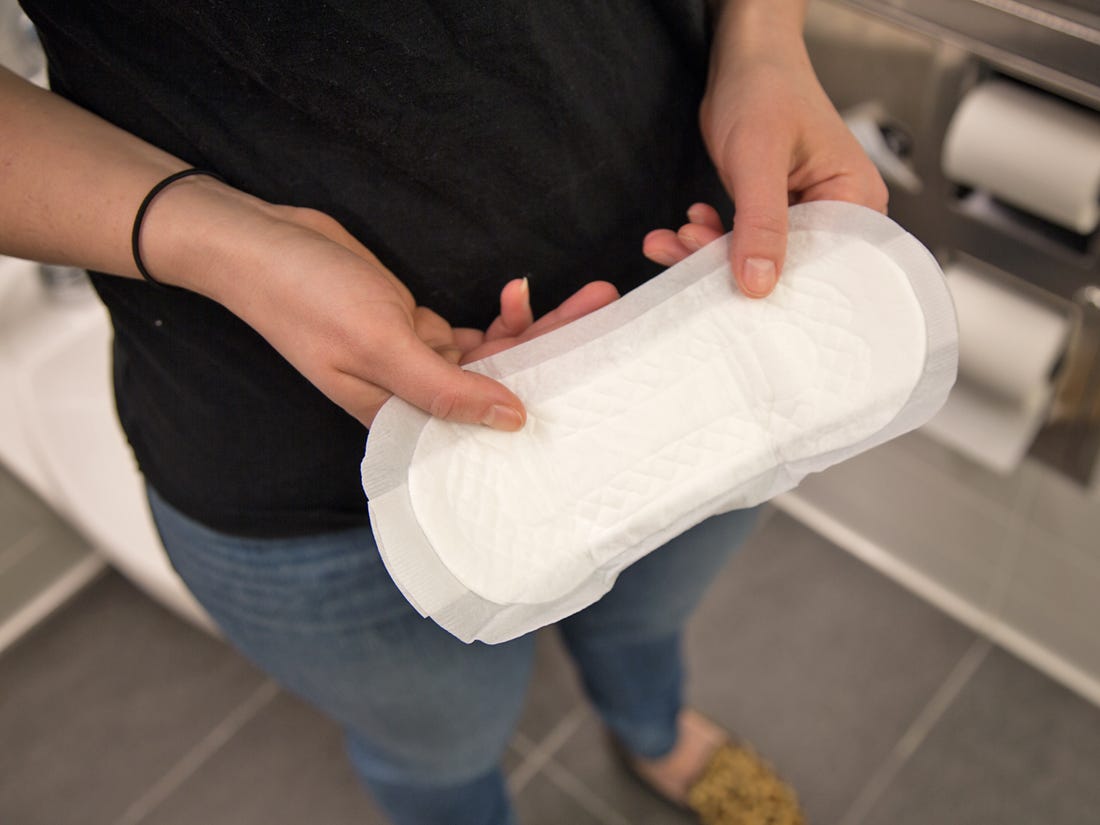If you’re reading this article then you’re probably contemplating how to get started on a major milestone in your life – getting pregnant. The road to parenthood and that much-awaited positive pregnancy test can be bumpy for many couples. As we all know, many couples fail to conceive over many attempts and years. However, don’t lose heart because you are not alone. There are many medically proven and natural ways to boost fertility levels for both men and women, so follow the do’s and don’ts that ImmunifyMe recommends below (for both men and women) and set yourself up for a happy parental life!

There are multiple ways for both men and women to increase fertility and become pregnant faster.
Ensure Your Diet Is Rich In Antioxidants
Research has proven that antioxidants like zinc and folate can boost fertility for both men and women. They play a crucial role in deactivating free radicals in your body that can damage both sperm and eggs. A 2012 study of young adult men found that eating antioxidant-rich walnuts improves sperm quality. Another US-based study of women also showed that higher folate intake corresponded with higher rates of implantation, healthy pregnancy, and live birth.
Additionally, fruits, nuts, vegetables, and grains packed with antioxidants like Vitamins C, E, folate, and beta carotene also ensure a rich diet and can help with increasing fertility.
Reduce Your Stress Levels
Stress is a key factor for both partners that one needs to look into when it comes to conceiving! While stressed, your body releases several hormones that actually play a role in adversely affecting the hypothalamus which controls and regulates ovulation. High levels of stress can also reduce sperm quantity in a male.
When you’re thinking about how to increase fertility, the bottom line is that stress can suppress fertility. So take time out for yourself and your partner to relax! Ask for support and counseling to reduce your anxiety and depression levels, which will automatically lead to significantly higher pregnancy rates!
Exercise And Cut Your Vices
Exercising has always been good for the body, no matter the occasion. Several women also exercise while pregnant, and even after delivering a baby. It has many benefits to one’s health including increased fertility. Indulging in moderate physical activities has positive effects on women and men when it comes to fertility! But also remember that anything in excess tends to turn out bad, as going overboard with exercises can decrease fertility in some women as it may tamper with the energy balance in your body, leading to problems with your reproductive system.
Another key point to focus on – follow a firm regime of cutting down on excessive drinking, smoking, and caffeine. Men who smoke may have damaged sperm or a reduced sperm count, and women may be prone to miscarriages, so best to avoid it altogether. Try to stick to one to two coffee mugs a day; the same goes for alcohol. Although unclear as to what quantity of the above can affect fertility, it’s always better to stay safe than sorry!
Mind Your Medications
A commonly overlooked step in pregnancy planning is reviewing your regular medications with your doctor. Make sure that your meds don’t pose any hindrance to your fertility levels. For example, men who take testosterone may need to wean off. Women need to be cautious about their testosterone, estrogen or progesterone levels as well. Medications that treat thyroid issues, seizures, or psychiatric disorders can affect hormonal production as well as fertility levels.
If you’re not already on multivitamins and health supplements, then adding them can improve your fertility- especially for women. Women who take multivitamins regularly have a decreased chance of experiencing ovulatory infertility. Also, the micronutrients present in multivitamins improve one’s reproductive health. So get your doctor to prescribe you those essential vitamins.
Managing Your PCOS (Women)
One of the leading causes of fertility issues in women is Polycystic Ovarian Syndrome. Unfortunately, it is a very common hormonal disorder that plagues many women. Apart from resulting in irregular periods, cysts, and painful cramps, PCOS also leads to many hormonal imbalances (for eg. increased insulin, higher testosterone, etc) that directly impact your reproductive health.
Ensuring that you have a good OBGYN and/or an endocrinologist by your side is important in managing your PCOS. Apart from hormonal treatment, contraception, and other medications, there are important dietary and lifestyle changes that also go a long way. Cutting down carbs is mostly recommended for women with PCOS – this also helps manage insulin levels and lowers the risk of diabetes. Regular exercise is another way one can regulate hormonal levels and body weight for overall health and especially menstrual health.
Knowing When To Have Sex! (Women)
Women can learn how to read signs that their body is beginning its monthly preparation to get pregnant. Keeping a track of when you’re ovulating and having sex around that time can ensure that you’re trying during your most fertile days. Have unprotected sex once a day or every other day during your fertile window to increase your chances.
If your menstrual cycle is irregular then tracking ovulation can be harder but there are tell-tale signs. Your daily discharge can indicate where you are on your cycle. For most women, discharge (cervical mucus) becomes thin, stretchy, and clear as you approach ovulation. If you want to know the precise dates of your pre-ovulation, pick up an ovulation kit that tests your urine for a spike in hormone levels a few days before ovulation.
Keeping track of the best time to conceive isn’t necessarily a way to increase fertility, but it’s a definite step towards fruitfully trying for a baby. Likewise, women mustn’t ignore female sexual dysfunction if they intend on getting pregnant. Tackling this challenge comes before looking at how to improve your fertility, and both are essential steps.
Your Health Is Related To Your Sperm Health (Men)
It may have been a while since you went to the doctor for your general check-up. However, there’s a significant connection between your overall health and the health of your sperm. While it is women who ultimately bear children, many men face fertility issues too which often go overlooked. Ensuring your semen quality and sperm count are adequate is important.
According to doctors, a good diet, sleep hygiene, regular exercise, healthy body weight, and reduced stress improve semen quality. Not only that, making sure all your health parameters are in place can go a long way in ensuring there aren’t any unnecessary barriers in your baby-making journey.

Focusing on your diet, sleep, and exercise is a must when thinking about how to increase fertility.
Conclusion
Thinking about how to increase your fertility comes down to a healthy body, a good nutritional diet, and a relatively stress-free life. These factors are important for a healthy reproductive system which in turn helps increase your chances of pregnancy! Another key point to remember is to make positive changes to your lifestyle, which can help boost fertility and also prepare your body for pregnancy. Make the right choices by talking to the right people, getting the help you need, and having the right support system around you in times of need! Once pregnant, make sure you prepare for your little one’s arrival by downloading the ImmunifyMe app. It also helps by giving you handy tips on how to increase fertility and raise a healthy happy baby!
FAQs On How To Increase Fertility
How Long Should I Try To Conceive Before Seeing A Fertility Doctor?
Some women seek to undergo a fertility assessment before conceiving, or when they’re in the planning stage itself. Seeing a fertility doctor depends on how long you’ve been trying and what it is that you want to know. If you’re under 35 and you’ve been unsuccessful at conceiving, visit a specialist after 12 months. For women over the age of 35, visit in 6 months.
What Lifestyle Factors Affect Fertility?
Healthy living can increase chances of conception, improve fertility treatment success, and also help maintain a pregnancy. One needs to have a well-balanced diet while avoiding processed food. Also, keep in mind to maintain a healthy weight as it leads to better fertility treatment outcomes. Take prenatal vitamins, limit caffeine, and avoid smoking, recreational drugs, alcohol and don’t forget Vitamin D as a deficiency might lead to poor IVF outcomes or miscarriages. Moderate exercises, meditation, yoga with mindful counseling helps in the long run as well.






